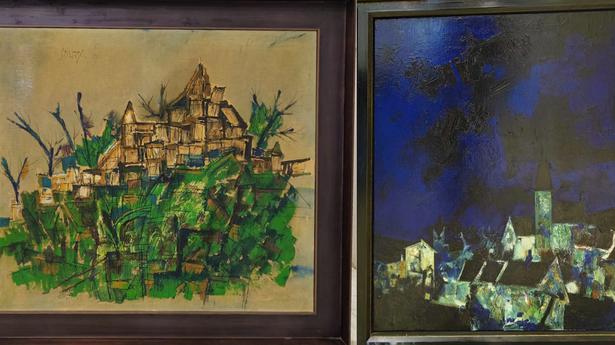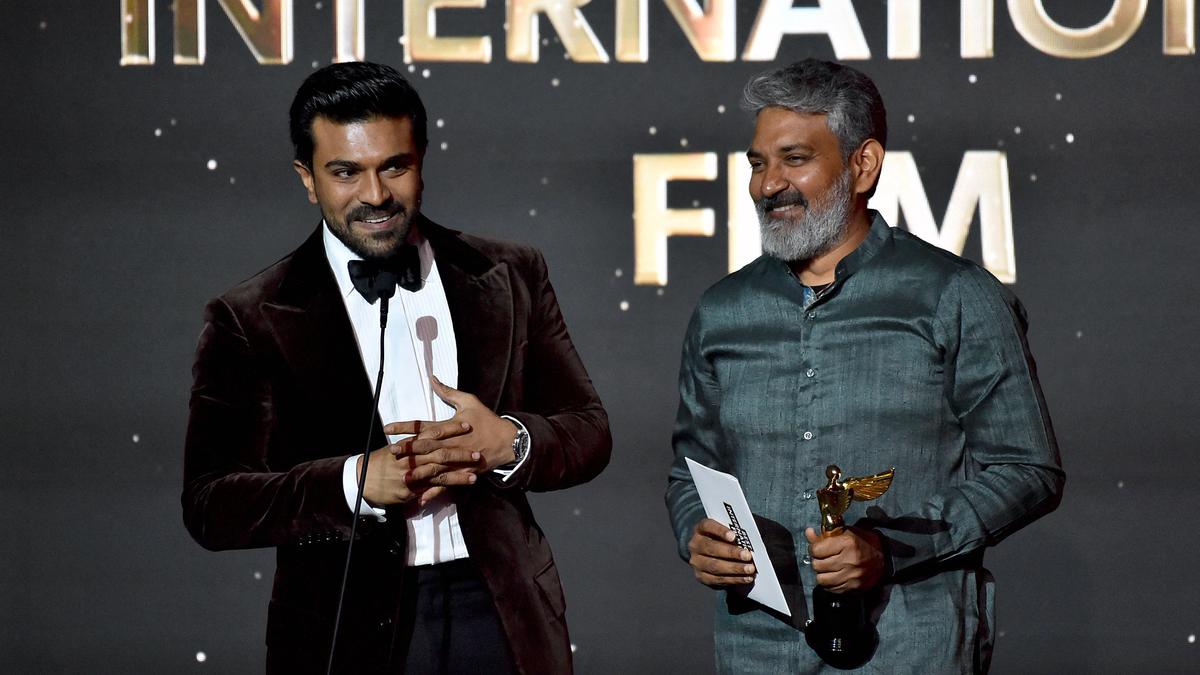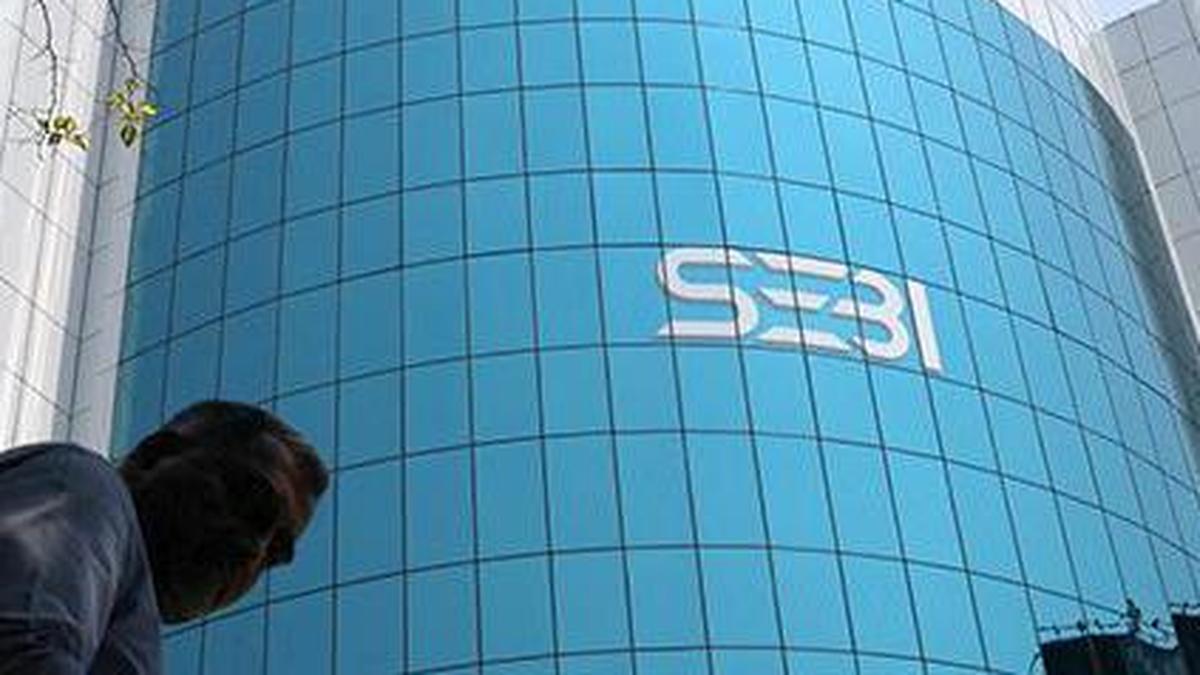Listening to Hindustani music in Punjab is a unique experience. In Punjab, the culture of classical music and dance had been disrupted by repeated invasions over the centuries, and the art forms were not given the same respect as in other parts of India.
Despite this, the country’s oldest classical music festival, the 147-year-old Harivallabh Festival is held in Jalandhar. This, and the festival at Bhaini sahib, Ludhiana, are the most prestigious festivals in the region.
Harivallabh festival is named after saint-singer Baba Harivallabh, and was launched after his death. Bhaini Sahib is today the centre of classical music in Punjab, with three successive gurus having consistently promoted it.
That said, the ‘mahaul’ (ambience) at these two music festivals is totally different.
The Bhaini Sahib experience is surreal. Every member of the audience is clad in white, and their head is covered with a duppatta or turban to show respect to their spiritual guru, Sadguru Uday Singh. The annual festival was started in a formal manner only nine years ago, though concerts have been very much a part of Bhaini Sahib.
Harivallabh has an entirely different vibe with a festive spirit and a boisterous audience that one usually associates with listeners in Punjab. The great Kesar Bai had once said, ”the journey Maharashtra to Punjab was arduous, yet had to be made annually, as it was one of the most important classical music festivals. At Harivallabh listeners don’t have time for you to search within for your music, they need something impressive, fast.” That’s true even today.
Both festivals have a spiritual context, however, at Bhaini Sahib it is still experienced. Classical music is a part of the daily routine in the 2,000 strong community of Namdhari Sikhs in the Bhaini village. Apart from attending school, children here go to the music class everyday. Since each of the approximately 6,000 verses in the Guru Granth Sahib are traditionally sung, the ‘kirtan’ tradition at Bhaini Sahib remains a vibrant one, and is something imbibed by children too.
Kala Ramnath played a rare raag called Shudh Barrari.
| Photo Credit:
Special Arrangement
The music sessions at the festival begin at 5.30 p.m. and go on till 10 p.m., without a break. Yet the audience, seated in baithak style, sit through each performance and leave only after the concerts conclude.
The Bhaini Sahib festival, like Harivallabh offers a platform to young aspirants. The 2022 edition even featured a vocal music contest, held for the first time. It had 165 participants from across the country. The winner was given a cash prize of Rs. one lakh.
The festival saw some really fine performances — Mehtab Ali Niazi, accompanied by Ishaan Ghosh wowed the audience with their dexterous handling of the instruments. Birmingham-based Namdhari Kirpal Singh Panesar played the ‘taar shehnai’. This unusual instrument resembles a fretted sarangi, but is perceived as a stringed shehnai hence the name. Kala Ramnath played a rare raag called Shudh Barrari. She maintained the distinct ‘shakal’ (feature) of the raag admirably, without repeating the phrases, even though she played it for less than an hour.
A vocal jugalbandi by Patiala gharana guru bhais Anol Chatterji and Brajeshwar Mukherji was interesting. They completed each other’s musical thoughts. An unusual jugalbandi was between Satyajit Talwalkar on the tabla and guru bhai Bernard Schimpelsberger on the drums.
The festival concluded with sarodist Tejendra Narayan Mazumdar accompanied by Punjab gharana exponent Yogesh Samsi, who expectedly is held in great esteem in Bhaini Sahib. Playing with gravitas, Tejendra’s recital was truly one of his best concerts that this writer has heard.
Harivallabh festival is held in the temple precincts. The concerts begin at 3 p.m., and conclude at around 2 a.m. Earlier, it attracted a huge audience, this year sadly the attendance was thin. Perhaps having shorter sessions would be more practical; it is hard to absorb music for four to five hours. The extremely cold weather made it difficult both for the audience and artistes. Mahesh Kale, whose performance drew the festival to a close, said it was hard to sing. However, his excellent rendition of abhangs belied this.
Speed and a vigorous style of performance are loved by the audience at Harvallabh. Some of the most appreciated concerts at the 2022 edition were Ram Kumar Mishra’s solo tabla along with his talented son Rahul Kumar, Vishwamohan Bhatt and son Salil Bhatt, violinist Johar Ali Khan, pakhawaj by Praveen Kumar Arya, accompanied by Aishwarya Arya and Chavi Joshi, and Shashank Subramaniam.
Harivallabh has always had a tradition of presenting senior performers as also new comers, and this year was no different. There were several Patiala gharana exponents including vocalists Ajoy Chakrabarty, Anjana Nath, Aziz Ahmed (grand nephew of Ustad Bade Ghulam Ali Khan), Samrat Pandit and Johar Ali Khan. Other fine concerts included Bangalore-based sitarist Anupama Bhagwat, the Mumbai-based Dhananjay Hegde, Jaipur-based surbahar exponent Ashwin Dalvi and dhrupad vocalist Madhu Tailang, and sarodist Tejendra Mazumdar. It was interesting to hear musicians not usually seen in the festival circuit such as vocalists Sanjukta Das (Kolkata), Sujata Gurav Kammar (Dharwad) and Bhaskar Nath on shehnai.
Both the festivals should be credited for keeping classical music alive in Punjab.





